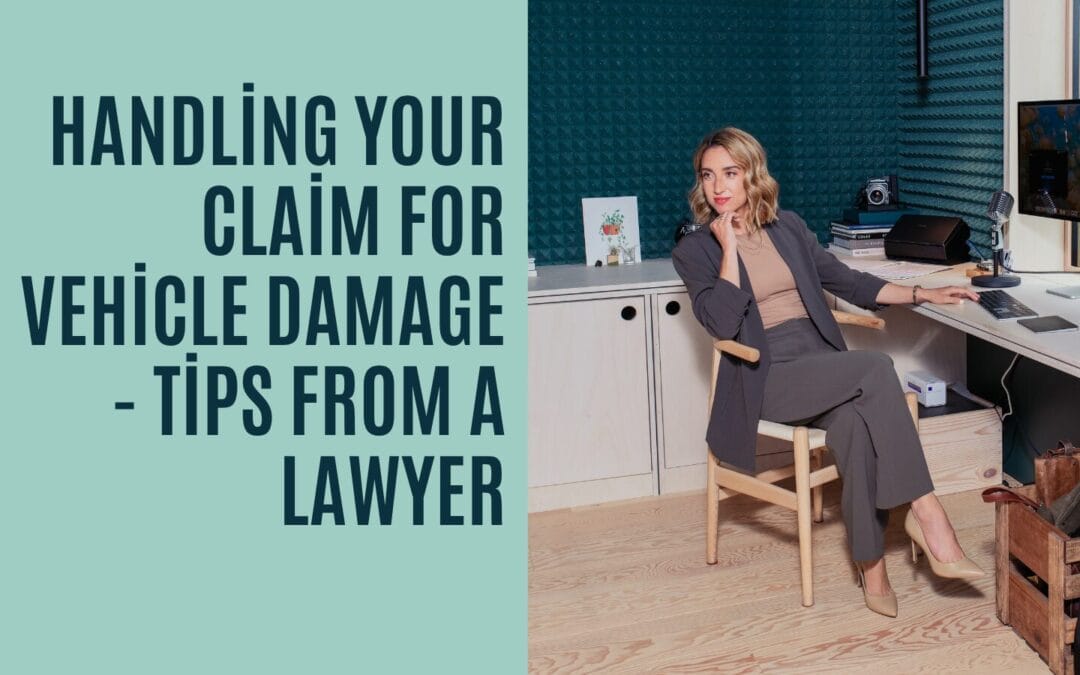Handling Your Claim for Vehicle Damage
When your car is damaged or totaled after a collision you were not at fault for causing, you usually have the option of choosing to resolve your property damage claim through the at-fault insurer OR through your own policy with your own auto insurer. While it may seem more just and fair that the at-fault driver through their insurer should pay for your damaged car, it is often much to your benefit to use your own policy.
The main concern with utilizing your own insurance benefits–that there will be penalty or premium increase if you file a claim with your insurance company–is actually unfounded. By law, your insurance company CANNOT raise your premiums for filing a claim related to a collision you were not at fault for causing. This is actual codified law in Washington State. See RCW 46.52.130. Do not let this misconception dissuade you from using your own policy benefits — you cannot be penalized in when the collision was not your fault.
The main gold nugget of dealing with your own insurer is that they owe a legally-based duty to treat you fairly. This duty of fairness does not exist in the same way in your dealings with the at-fault insurer. The at-fault insurer’s duty is to protect the at-fault driver, not you. By law though, your own insurance company cannot so obviously place their own interests above yours and have to at least appear that they are considering your best interests. This protection is greatly helpful in the event that your property damage claim gets complicated, if, for example, your vehicle takes a while to repair because certain parts are on back order. This protection does not exist when you are dealing with the at fault insurer.


